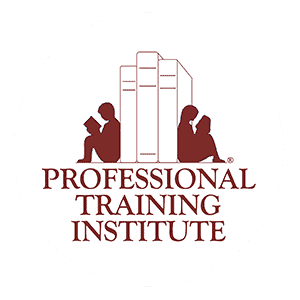
There is seemingly never enough time. There’s always more to do, and ostensibly fewer hours in which to get those things done. For a person with Attention Deficit Hyperactive Disorder, this is especially true. And that’s because of the unique relationship that exists between the ADHD brain and time. The ADHD brain processes time differently than a neurotypical brain. It is “time blind.”
Everyone experiences occasions when a minute doesn’t feel like a minute, and an hour doesn’t feel like an hour. Sometimes the minutes stretch into eternity, and other times an hour can seem to disappear in a flash. This stretching and compressing of time is especially true for a person with ADHD, and it is especially damaging.
For people with ADHD, time can be a mystery. One day, they can spend what feels like a minute or two looking at old photos, only to find three hours have gone by. The next, they spend what feels like three or four hours cleaning the house, but when they look at the clock, they see that it’s only been about thirty-five minutes. This poor time awareness makes it hard to estimate how long a given task will take. It even makes it hard to judge how long a task has taken in the past.
Another component of the time blindness of ADHD is a shortened time horizon. A time horizon is the point in the future when things stop feeling real and begin to feel imaginary. It is the period of time that we can realistically conceive and work within. Where as the typical adult can plan 8 to 12 weeks into the future, a person with ADHD is likely to struggle conceptualizing time beyond a week or two, and some have a time horizon of only a few days. Unsurprisingly, a shortened time horizon causes significant difficulties for people when trying to set goals, meet deadlines, and plan for the future.
Luckily, there are many proven strategies that can help people with ADHD manage their time blindness.
Spend a Day Recording How Long It Takes You to Do Things
Taking a day to write down how long it really takes to do things can be very useful. Being able to accurately judge how long it takes to drive to work, do the dishes, and run to the grocery store is only possible if there is accurate data to refer to. Keeping a time log can go a long way towards developing the data needed to determine where the time goes.
Use a Timer
Timers are useful for creating reminders to stop a task. If there are only 15 minutes available to look at Facebook, a timer can help enforce that time frame.
Use a Planner
It may take a while to get into the habit, but using a planner to record events and projects is invaluable. It may be a calendar, a day planner, even an online tool or app, but the use of a planner is necessary for the time blind to manage their shortened time horizon.
Keep a Clock in Each Room
It sounds simple, but a clock in every room makes it much easier to track time.
People with ADHD struggle with processing time. Time compresses and expands in surprising ways for them, and their shortened time horizon makes planning difficult. But this time blindness can be managed with the use of a few proven strategies.
Brendan Mahan, M.Ed., MS. is an internationally known ADHD/Executive Function consultant/coach, and highly engaging speaker. Brendan helps people manage the emotional, academic and lifestyle impacts ADHD has on both the people who have it, and those who love them. He is the Founder of ADHD Essentials.










Jaydin Skinner says: